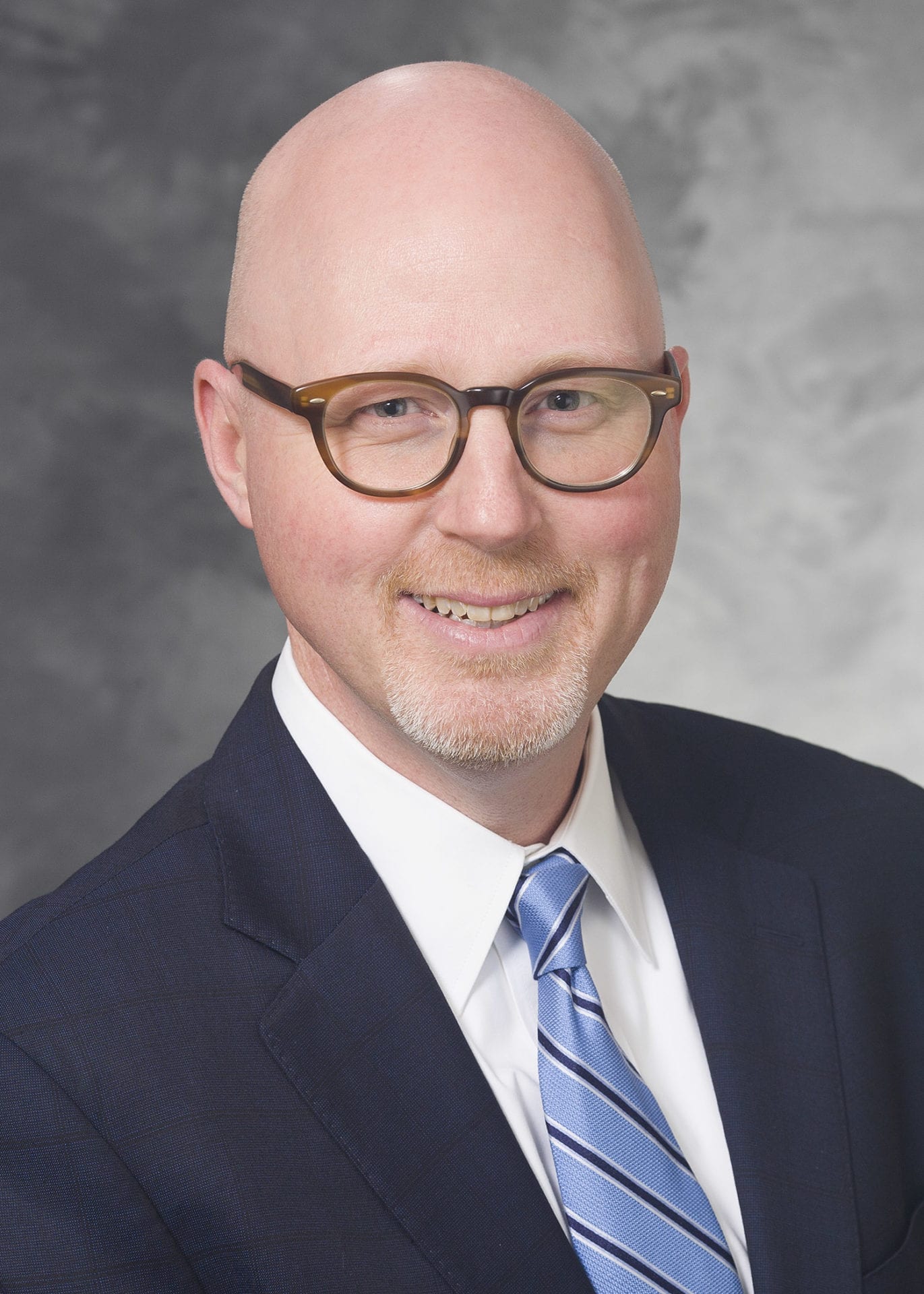The Courage to Leave | Stephen L. Rose, MD
It was 4:00 p.m. My cases had finished early on a Monday and I was trying to catch up on the roughly 100 emails that had come in that day. I was still tired from a busy weekend of call, and it made focusing on anything difficult. As I read the same sentence six times over, I felt the sun on my back through my window. It was a beautiful spring day in Madison. There was no rain or wind and I knew there were still many hours of daylight. On a whim, I texted my friend Brian, who works in marketing at a local appliance company.

Stephen L. Rose, MD
“Any chance you can play this afternoon?”
“I can leave right now!” he replied within seconds.
“Meet you at 5. I will call for a tee time” I answered.
I quietly shut down my computer, grabbed my bag and slinked down the hall to the back elevators, all the while hoping not to see another partner. I even considered for a moment, devising some reasonable excuse for why I was leaving early, but saw no one and averted that dilemma. I am certain had I seen a partner, they would not have cared where I was going. I am lucky to work with an amazing group of people who genuinely care about each other’s’ well-being, but leaving early still turns me in to an 8-year-old trying to steal a cookie from the pantry. Why do I feel the need to lie about taking care of myself? Because I have also been on the other side. I would love to tell you I have never cast a judgmental eye toward a colleague leaving early. The truth is, I have.
It is into this crucible that we have cast wellness.
We are a culture that values hard work. We lionize physicians who can seemingly do it all and are always available. But in this era of what the Accreditation Council for Graduate Medical Education (ACGME) calls “work compression,” where Relative Value Unit (RVU) targets have not changed despite new and different tasks such as Electronic Medical Record (EMR) use, patient satisfaction demands, multiple online safety and compliance trainings, we need to shelter wellness from becoming just another check on our to-do list.
How do we do this? We must change the culture that makes us feel guilty for leaving a few hours early. We must foster opportunities to take care of ourselves how we need to, when we need to. This culture will not change until we appreciate that everyone needs something different to be well. For me, golf is a mindfulness practice. At its core, mindfulness is about the quality of attention that you bring to an activity, not the activity itself. Golf engages my mind and body, allows me a few hours of work-free thought and re-energizes me. For others this might be aviation, cycling, gardening, or simply lying in a hammock, but all of these restorative activities must be met with encouragement, not judgment. Interestingly, while the age-old argument is that you have to work harder to accomplish more, science would tell us that sustained work without rest is actually less effective.
In the book Peak Performance: Elevate Your Game, Avoid Burnout and Thrive with the New Science of Success, authors Brad Stulberg and Steve Magness review the conditions required for sustained success. Chief among their findings is that productivity actually decreases without both short and long breaks away from work. Just as a muscle requires both stress and rest to grow, we require both to perform optimally in our professional lives. Rest is not a one size fits all model and we must allow our colleagues and ourselves reasonable flexibility to meet our needs. This culture change requires work from each of us, but especially from those of us leading divisions who need to model wellness by being more forgiving, more encouraging, and less judgmental. It requires all of us to have the courage to leave from the front elevators.
Reference:
Stulberg B and Magness S. (2017). Peak Performance: Elevate Your Game, Avoid Burnout and Thrive with the New Science of Success. New York, NY.
Stephen L. Rose, MD, is the Director of the UW Gynecologic Oncology program at the University of Wisconsin School of Medicine and Public Health.